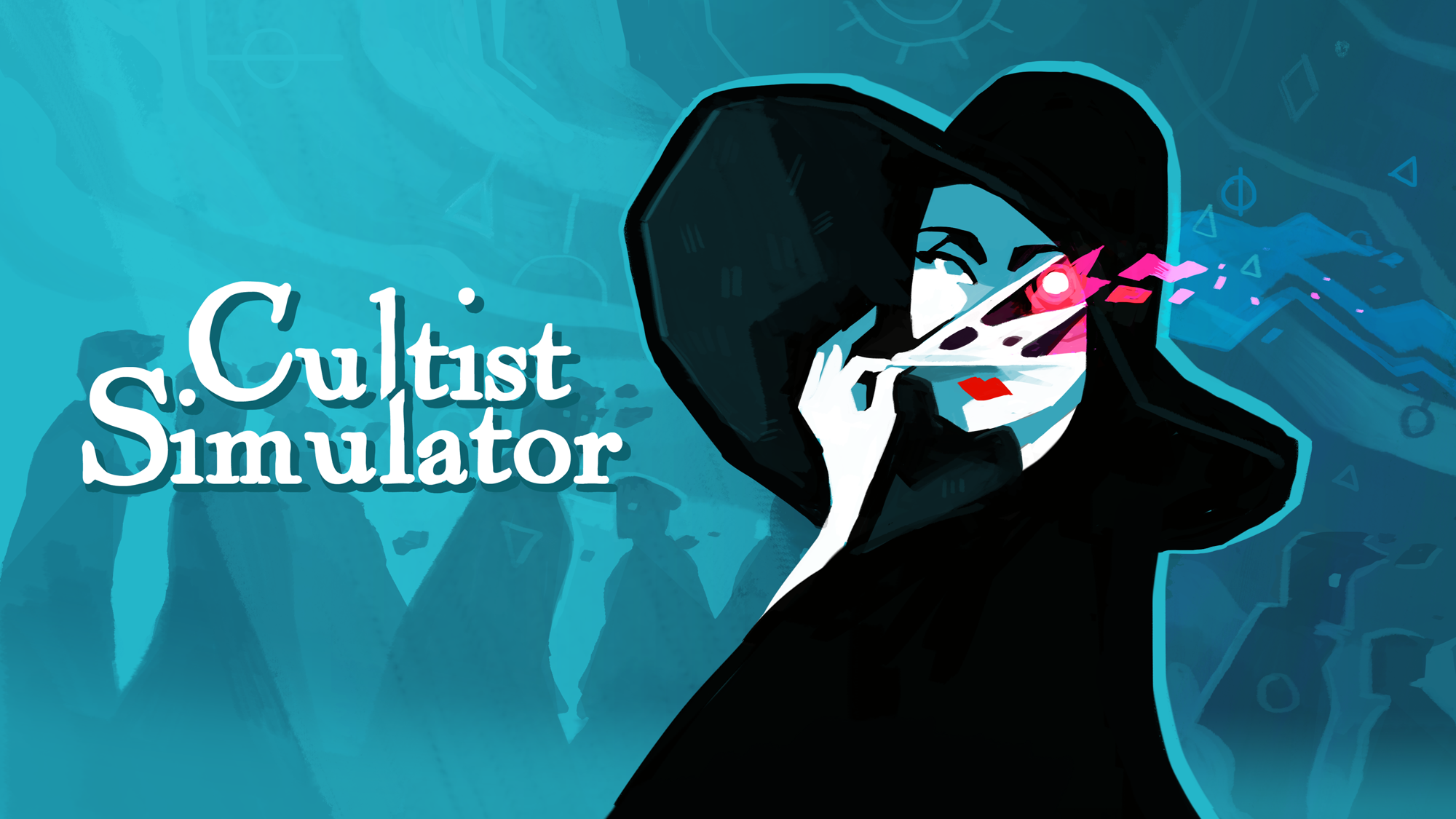How Cultist Simulator Uses Your Imagination to Properly Scare You
Spoiler: It gets inside your head

I am nobody. I have a menial job that provides me with just enough money to survive. I eat, I sleep, and sometimes I dream. My dreams lately have been strange, ethereal affairs, and suggestions of higher powers have leaked from them into the dark corners of my waking consciousness. Maybe I’ll read a book about them. After work.
Starting as a lowly aspirant, the aim of Cultist Simulator is pretty much the same as the aim of real life — to establish a cult, recruit followers, and ascend to immortality. That’s what we all want, right? However, the journey to ascension is dictated by a deck of tarot-esque cards, randomly dealt based on player choices such as what you dream about and where you buy your books. Elements of player choice and RNG combine to create thousands of paths through the game, as well as multiple endings — not least including many ways to fail and/or die.
But how can it be a horror game with no cool graphics or scary monsters? In an era of games with multi-million dollar budgets and graphics that look almost, but not quite, like real life, Cultist Simulator stands out because it is different. The story of your journey takes the centre stage, and the brief descriptions on your cards instil fear aplenty.

The world is built from a mix of cryptic messages, your mind filling in the gaps that they purposefully leave. The horror and scares come from the unknown, they come from exploring an abandoned warehouse and finding a scrap of bloody parchment, or from a private investigator prying into your dark affairs.
But most of all, they come from descriptions. People who have been repeating the mantra “it was good, but the book was better” for their whole lives will understand this, because Cultist Simulator has obviously taken inspiration from, well, books.
Cultist Simulator turns into a new book every time you play it, as if the pages are being written with every decision you make. Like a Lovecraftian Solitaire, you sink hours into game after game, and before you know it you’re devouring your followers’ flesh at 3am on a Tuesdsay morning to appease a higher power. There is a warped and disgusting pride in the realisation of what you have become, but also a deep fear of what lengths you’ll have to go to next time to successfully achieve immortality.
The other fear that is expertly curated is the fear that time is running out. Because, let’s face it, it is. Whether you’re worried about your time on this earth, how much time you’ve got to play videogames before work, or the inevitable heat death of the universe, Time. Is. Running. Out.
Much like in real life, everything in Cultist Simulator takes time. It takes 60 seconds to go to work. It takes two minutes to dream. It take four minutes for your contentment to decay. Every action can last for different lengths of time depending on plenty of factors, but the timers are always there. Your screen ends up as countless little timers running out, and you have to quickly prioritise which ones are worth thinking about. An open wound, for instance, requires health to fix it before time runs out and it becomes potentially fatal. But what if you’ve got no health? Those two rapidly declining vitality cards could create health, if you study them quick enough.

The cryptic messages of carefully crafted prose lead to a trial-and-error method of playing. Slowly but surely you begin to understand that studying two vitality cards creates one health card, and each run offers you more knowledge to progress further next time.
The RNG elements and expanse of potential locations, followers, books, and “others” which all interact with the same emotions and actions of your character mean that the learning process is never boring, never the same, and really addictive.
Each run after the first also gives you the opportunity to start forming cults with different characters. Whether you choose a doctor, a socialiser or a police officer, each role gives you certain bonuses, most obviously more money from their jobs. While the point is probably not to show the depressing reality that it’s really difficult to do anything, including form a cult, when working full time at a minimum wage job, it becomes quickly obvious that the lowly aspirant is your trial run. It’s not obvious enough to be called a tutorial, but it’s definitely showing you the cultish ropes.

Once you’ve stopped losing because of open wounds or not being able to feed yourself, the game comes into its own. As soon as you’re performing ancient rites and attempting to summon demons, you forget that everything is just happening on an eerie stone table via tarot cards made of pixels.
The fear feels very real, and it always will. The benefit of not using the best graphics available is that it will never look out of date. People are still reading, and some people are still enjoying, the works of Shakespeare, and it wouldn’t be too surprising if people were still being scared out of their horribly ergonomic gaming chairs by Cultist Simulator in 400 years’ time, if futuristic technologies are backwards compatible with our primitive computers.
Is it really that surprising, though? After all, your brain is the most powerful game engine in the world.
